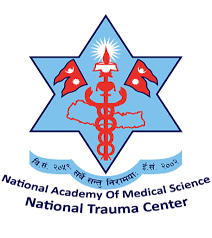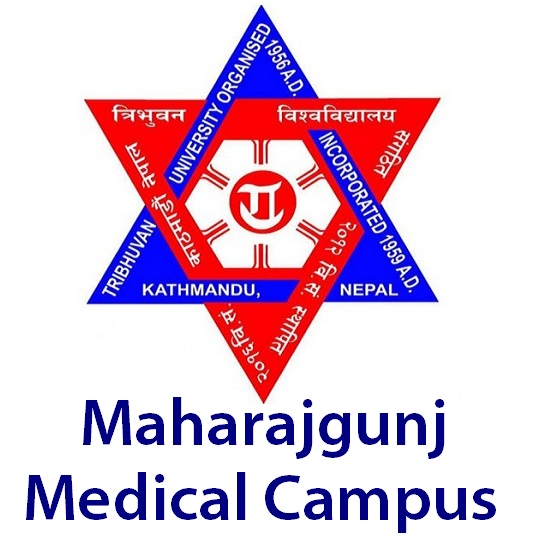Overview
MS Ophthalmology at Kathmandu Medical College, Kathmandu, Nepal (affiliated with KU)
Course Overview
Master of Surgery (MS) in Ophthalmology is a comprehensive postgraduate program offered at Kathmandu Medical College (KMC), affiliated with Kathmandu University (KU). This program is designed to train students in diagnosing and treating eye disorders and diseases. It combines rigorous clinical training, theoretical knowledge, and practical surgical experience.
Course Outlines
The curriculum includes extensive study of ocular anatomy, physiology, pharmacology, and microbiology. It also covers clinical subjects like ocular pathology, glaucoma, neuro-ophthalmology, retina and vitreous, ocular oncology, pediatric ophthalmology, and community ophthalmology.
Duration
The MS Ophthalmology program is a three-year full-time postgraduate course.
Objectives
The program aims to develop proficient ophthalmologists who can provide high-quality eye care and contribute to the academic and research field of ophthalmology.
Eligibility
Candidates should have an MBBS degree from a recognized institution and should have completed an internship. Admission is based on the entrance examination conducted by Kathmandu University.
Learning Outcomes
Graduates will be able to diagnose, manage, and treat a wide range of eye conditions. They will also be capable of performing various eye surgeries and will be well-versed in using advanced diagnostic and therapeutic technologies in ophthalmology.
Scope
Graduates can practice as general ophthalmologists or specialize in sub-fields like pediatric ophthalmology, neuro-ophthalmology, or ophthalmic plastic surgery.
Fees Structures
For accurate fee structure information, candidates are advised to contact the administration office of Kathmandu Medical College.
Career Prospects
Graduates can pursue careers as Ophthalmologists, Eye Surgeons, Vision Researchers, or opt for academic positions in medical colleges.
Career Options
Career options include further specialization, research, private practice, and academic roles. Graduates can also take up leadership roles in eye care services in hospitals or healthcare organizations.
Why Choose this Course
This course is suitable for those who have a keen interest in eye care and vision health, enjoy performing surgeries, and want to make a difference in the lives of patients.
What After
Post completion of the MS, graduates can pursue a fellowship or super specialty courses in areas like retina, glaucoma, cornea and external diseases, pediatric ophthalmology, neuro-ophthalmology, etc.
Scholarship
For information regarding scholarships, it is recommended to contact the administration office of Kathmandu Medical College.
For the most accurate and complete information, it's advised that potential students directly contact Kathmandu Medical College or visit their official website.
Contact Kathmandu Medical College's administrative office for detailed information on the MS Ophthalmology course, including fees, scholarships, facilities, counseling, eligibility criteria, etc.
















